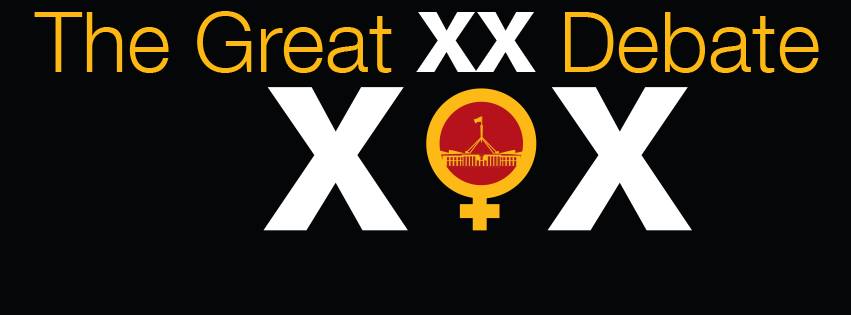Our students need to develop 21st century skills – the skills, knowledge and capabilities to be effective, confident and ethical adults. Underpinning 21st century skills is the use of information and communication technologies. We need to educate students to be competent users of technology and understand their rights and responsibilities regarding information and communication.
A national curriculum should be developed for Years Foundation-10, on the safe and respectful use of information and communication technologies (ICT) focusing on:
Internet literacy
- Students should learn how to evaluate websites, emails and other communications;
- Students should know and understand their own and others’ right to privacy; and
- Students should be able to identify and seek support in relation to troubling ICT content and behaviour.
Social media, messaging and texting
- Students should have a working knowledge of the technologies they use;
- Students should be able to consider and anticipate the implications of social media use and misuse;
- Students should be alert to, and develop strategies for dealing with, troubling online communication.
Sexuality online
- Acknowledge that people use the internet to explore and experiment with sex, sexuality, gender and identity.
- Students should be guided in doing this is a safe, respectful and lawful way.
- We should help students become informed, thoughtful and ethical consumers of sexual online material (including pornography). Students should be able to evaluate material in terms of ethical production, be able to identify exploitative practices and develop respect the diversity of sexual practice and expression.
Parents and caregivers should be given access to the safe and respectful use of ICT curriculum materials so the learning can be implemented in the home.




